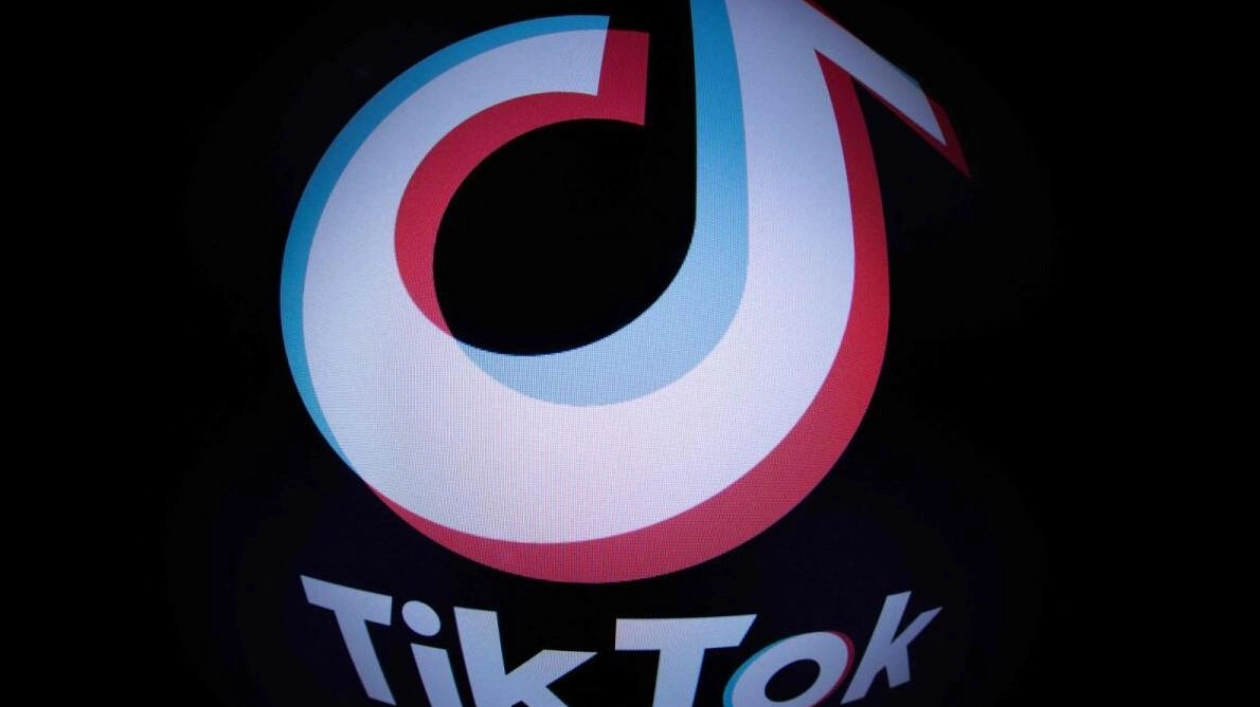A US appeals court has reinstated a lawsuit against TikTok initiated by the mother of a 10-year-old girl who tragically passed away participating in a viral 'blackout challenge' on the platform. This challenge encouraged users to choke themselves until they lost consciousness. Typically, federal law protects internet companies from being sued over user-posted content, but the 3rd US Circuit Court of Appeals in Philadelphia has ruled that this law does not prevent the mother from suing TikTok for allegedly recommending the challenge to her daughter through its algorithm.
US Circuit Judge Patty Shwartz, writing for a three-judge panel, explained that Section 230 of the Communications Decency Act of 1996 only shields third-party provided information, not recommendations made by TikTok's algorithm. She noted that this interpretation diverges from previous court decisions that held Section 230 protected online platforms from liability for not preventing harmful messages from being transmitted by users. However, she argued that a recent US Supreme Court ruling in July changed this perspective, stating that a platform's algorithm reflects 'editorial judgments' about the third-party speech it curates, which is considered the company's own speech and not protected by Section 230.
Judge Shwartz emphasized that TikTok makes decisions about the content it recommends and promotes to specific users, engaging in its own first-party speech, which is not covered by Section 230. TikTok has not commented on the ruling. The court's decision overturned a lower court's dismissal of the case filed by Tawainna Anderson against TikTok and its parent company, ByteDance, after her daughter Nylah died in 2021 attempting the challenge.
Jeffrey Goodman, the attorney for the mother, stated that 'Big Tech just lost its 'get-out-of-jail-free card'. US Circuit Judge Paul Matey, partially concurring with the ruling, criticized TikTok for potentially prioritizing profits over values, suggesting that it might cater to children by emphasizing content that appeals to 'the basest tastes' and 'lowest virtues', yet it cannot claim immunity that Congress did not grant.






